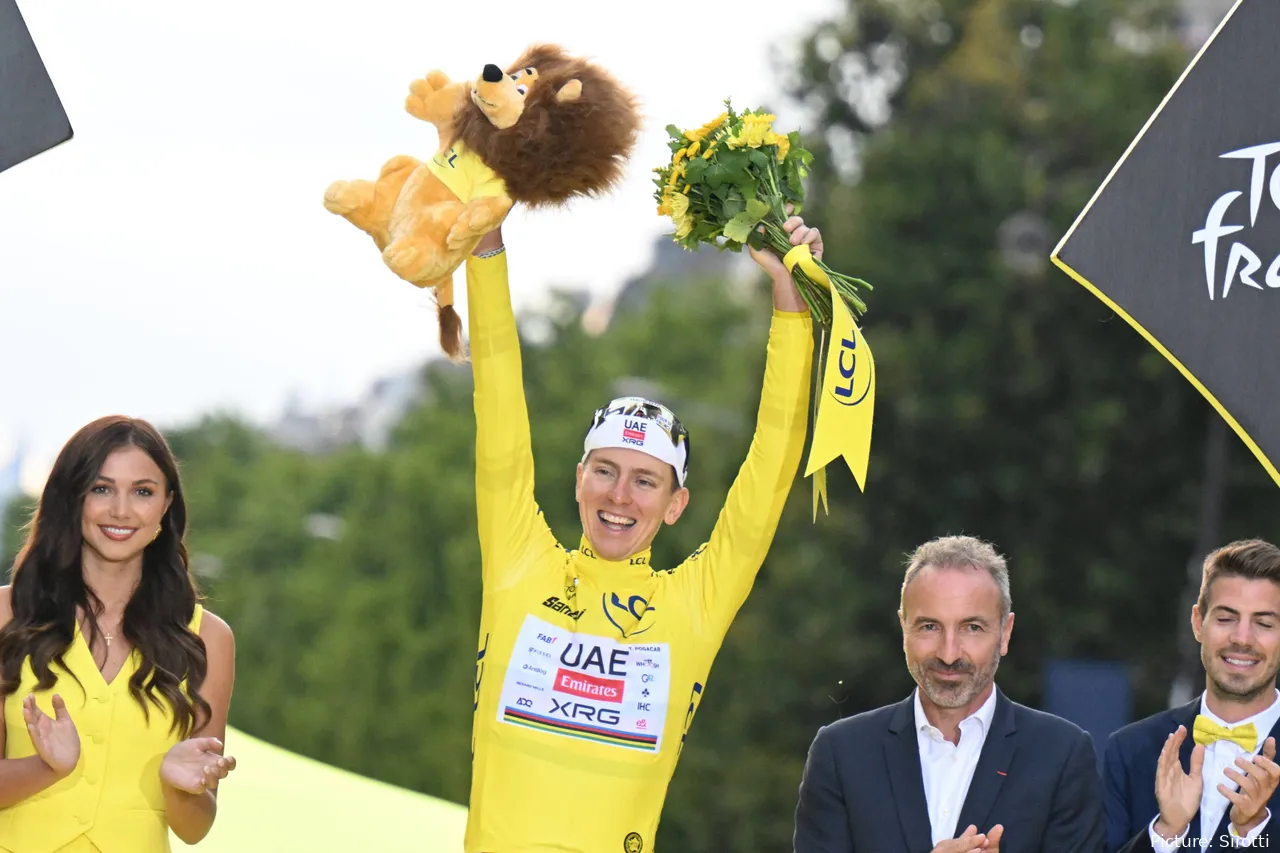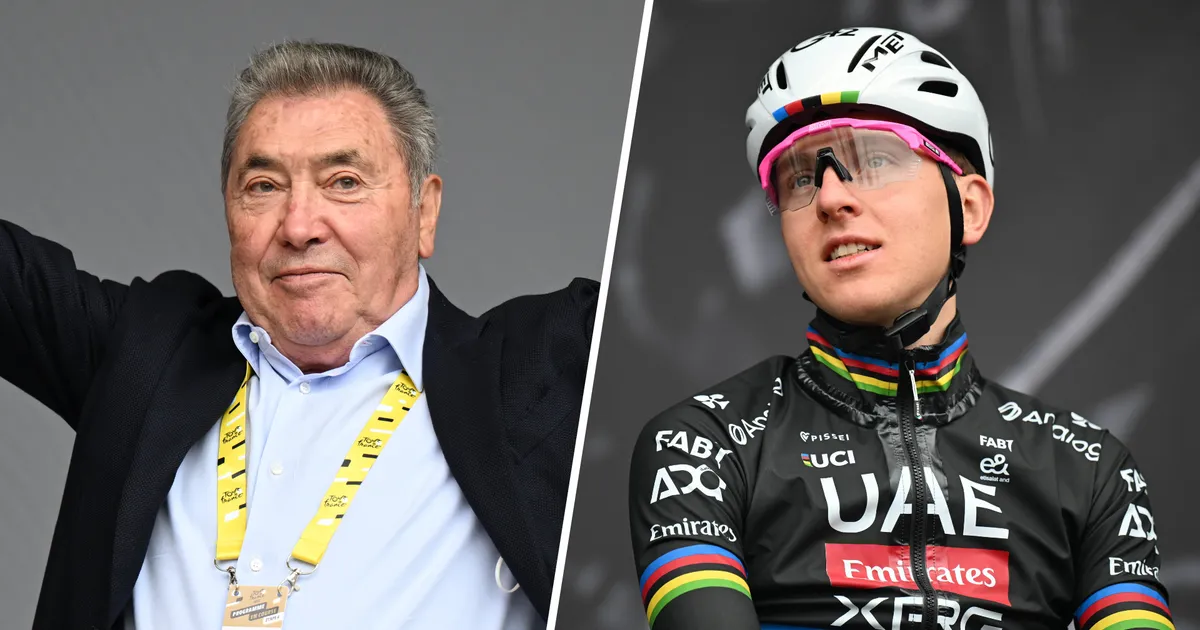Put simply: even Pogacar can go no further. And because he can’t, he won’t ride the Vuelta. It’s one thing to peak for Il Lombardia in October — a race where he currently has no serious rival (although organisers might do well to toughen the course) — but it’s quite another to prepare the body and mind for a third Grand Tour in a single season. The demands are different. The toll is greater.
While last year Pogacar conquered both the Giro and the Tour, this time the Tour alone has left him visibly depleted. Van Aert’s dismantling of him on Montmartre and the fact he failed to win a single stage in the final week tell the full story. His decision to rest is not just sensible — it’s necessary. He’s earned it. But here’s the rub: Pogacar’s opponent is no longer the peloton. It’s history itself.
He has said, publicly, that he doesn’t see himself racing in 2029. If that’s the case — and if he’s already sitting out the Vuelta two years in a row — then how realistic is it to believe he’ll surpass Eddy Merckx?
Let’s compare them, side by side.

Pogacar won his 4th Maillot Jaune in 2025
Category
Eddy Merckx
Tadej Pogačar
World Championships
4
1
Giro d’Italia Titles
5
1
Tour de France Titles
5
4
Vuelta a España Titles
1
0
Total Grand Tours Won
11
5
Jerseys & Awards in GTs
21
9
Cycling Monuments Won
19
9
Classics Won
10
8
One-Week Stage Races
7
8
National Championships
1
4
Total Major Titles
73
49
Grand Tour Stage Wins
64
30
The Legend: Eddy Merckx
Eddy Merckx didn’t just dominate cycling — he devoured it. Nicknamed The Cannibal, Merckx raced and won everything. He took four World Championship titles and won all three Grand Tours, including five Tours de France, five Giros d’Italia, and a single Vuelta a Espana. His 11 Grand Tour victories remain unmatched.
But it wasn’t just about overall wins. Merckx amassed 21 jerseys and awards within Grand Tours, and an astonishing 64 stage victories. He claimed all five Monuments multiple times, with seven Milan–San Remo wins and five Liège–Bastogne–Liège titles among his 19 Monument trophies.
His versatility extended to one-week stage races — from Paris–Nice to the Dauphiné — and even in the spring and autumn classics, he remained a constant threat. Merckx’s reign stretched across surfaces, seasons, and styles. His only “weaknesses”? A relatively modest one national title — not that he needed it, and lingering allegations of doping.
The Prodigy: Tadej Pogacar
Pogacar’s greatness is not in doubt. But to match Merckx, he needs more than brilliance — he needs relentlessness. He needs to push through exhaustion, expand his calendar, and keep winning across disciplines, surfaces, and styles. That’s what Merckx did. That’s what made him more than a champion — it made him an almost mythical figure in the sport’s history.
If Pogacar is serious about surpassing Merckx, he can’t afford to skip the Vuelta again. He may not need the treble, but he’ll need a second Giro, at least one Vuelta, and more Monument wins. He may even need to race later into his career than he currently anticipates.
His body is not infinite. Time is not on his side. But the opportunity still is — just. For now.

